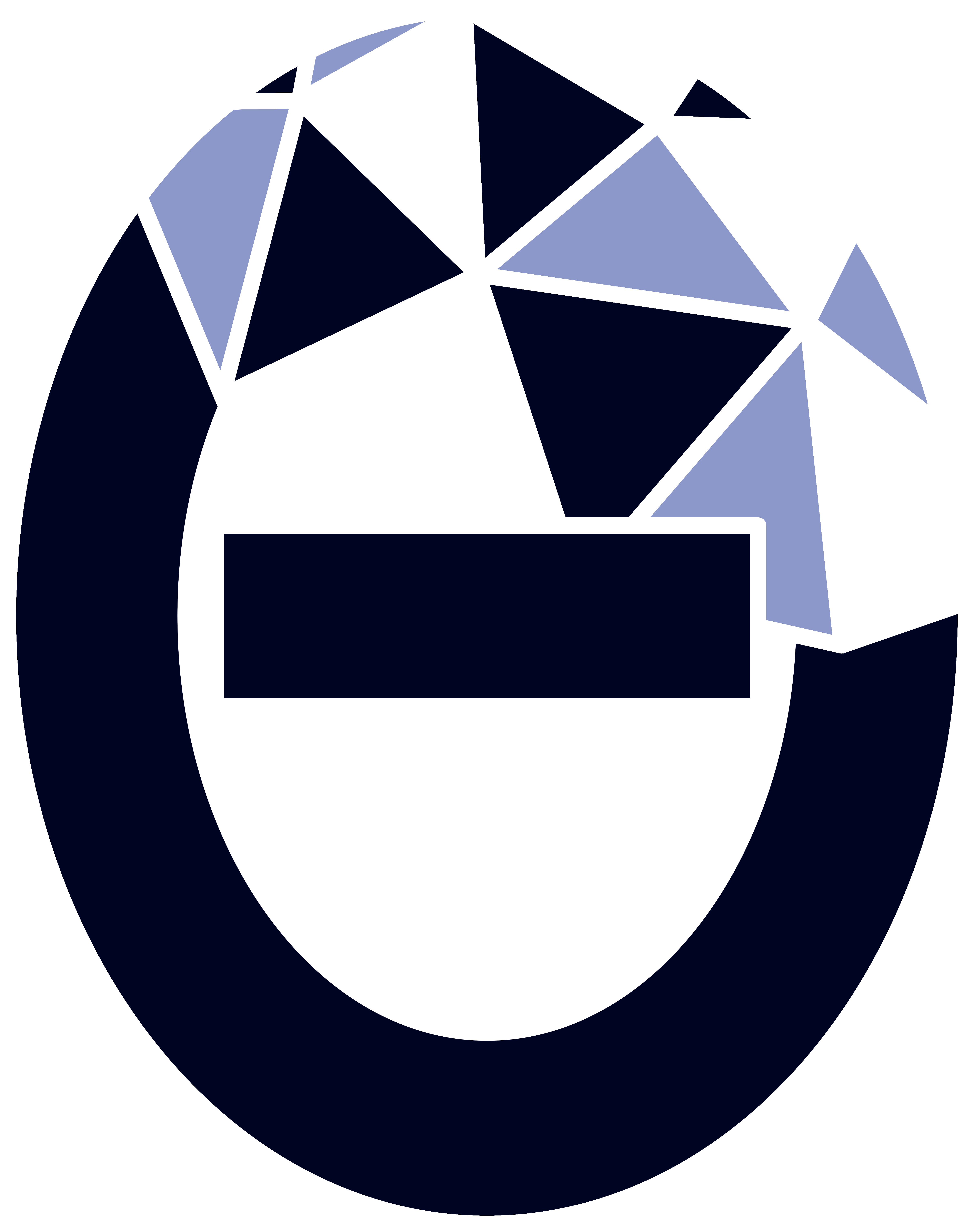Week 1 – Proof by Chocolate, and other Goodies
Dr David Acheson, Jesus College What do we mean, exactly, when we say that a mathematical proof is elegant, or even beautiful? We will explore many examples from both pure and applied maths, ranging from the elementary and well-known to rather more exotic methods….including proof by chocolate. Author of the best selling book 1089 And All That, David Acheson is famous for his humorous lectures and popular maths books.
Week 2 – Members Paper’s
Short lectures from the members of the Invariants. All members are welcome to give a paper!Catrin Campbell-Moore, “Skolem’s paradox”Skolem’s paradox shows a contradiction between two theorems of mathematics: Lowenheim-Skolem’s theorem, showing that there is a countable model for first-order set theory, and the existence of uncountable sets. Is this a paradox? If so, then we should reject set theory. We will outline the paradox and show how it can be avoided. Although not an outright contradiction, the ‘paradox’ is still worrying since it shows that set theory cannot pin down our intuitive notion of “countable” and that set theory can ‘misinterpret’ its axioms.Kris Joanidis, “The (meta)mathematics of reproduction”Ever wondered what distinguishes living things from robots? Could the essential difference be that robots are incapable of reproduction? This question was answered by Stephen Cole Kleene in 1938. This talk will provide a gentle introduction to his famous theorem and explore a couple of interesting consequences.Thomas Woolley, “Diffusion of the Dead”Knowing how long we have before we interact with a zombie could mean the difference between life, death and zombification. Following the recent success of mathematical tools being used to understand zombies, we extend these previous models to encapsulate the zombie population shuffling randomly over space. This mathematical formulation allows us to derive exact and approximate interaction times, leading to conclusions on how best to delay the inevitable meeting. Interaction kinetics are added to the system and we consider under what conditions the system displays an infection wave. Using these conditions, we then develop strategies which allow the human race to survive their impending doom.
Week 3 – Who’s afraid of the universal set?
Dr Brian King, Junior research fellow, Worcester College It is a straight-forward theorem of standard set-theory (ZF) that there is no set of all the sets, the so-called universal set. But why? I identify and critique some standard reasons we might offer for rejecting the existence of the universal set, and different (and incompatible) conceptions of set theory that support them. My conclusions suggest that the nature of ZF is worryingly guided, not by mathematical practice or philosophical principle, but by historical accident.
Week 4 – Interactive Proofs
Jakub Závodný, Computing Laboratory In mathematics, a proof is a monologue: a coherent and self-contained argument, conclusively convincing any reader about the truth of some proposition. Computer scientists, however, turned the proof into a dialogue between a prover and a verifier. Combined with bits of probability and computational complexity, we gain not only a fair amount of additional coolness, but also far-reaching practical applications. In my talk I will introduce the world of interactive proofs, show you how to prove that you know a secret without giving away the secret itself, how to find the average exam score among your friends without anyone revealing their own, and some more…
Week 5 – Punting & Social
Join our mailing list so you don’t miss any events!

Leave a Reply